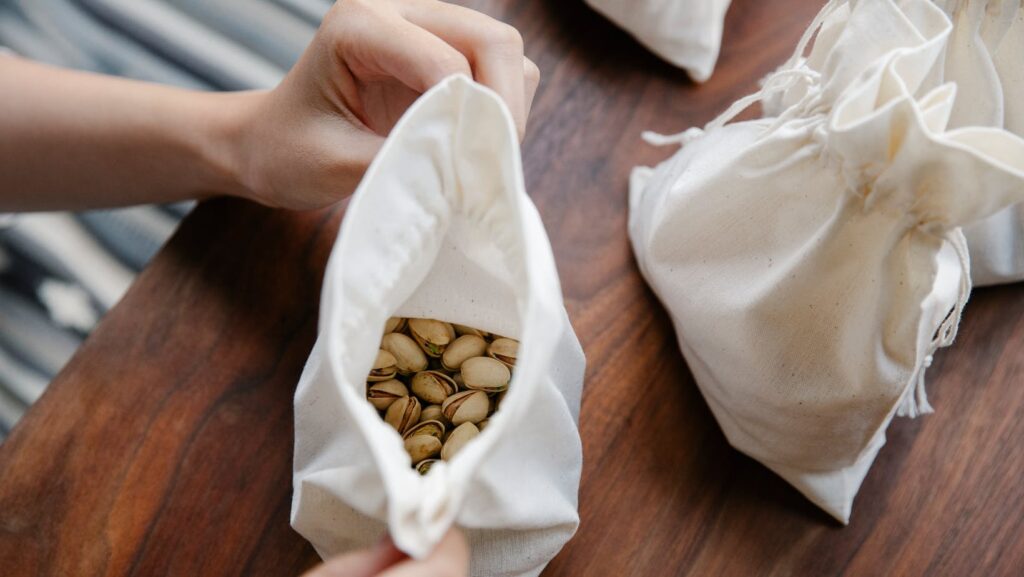As we delve into a new era of innovation, food science and technology aren’t being left behind. They’re evolving rapidly, transforming the way we grow, process, and consume our food. This article will take you on a journey through the latest trends in this exciting field.
From lab-grown meat to AI-driven personalized nutrition, the future of food is here. It’s a fascinating world where science fiction meets reality, promising healthier, more sustainable, and diverse food options. Stay tuned as we explore these groundbreaking trends that are reshaping the culinary landscape.

Trends In Food Science And Technology
Diving deeper into the current trends in food science and technology, it becomes apparent that innovative food processing techniques and biotechnology advances dominate these changes.
Innovative Food Processing Techniques
Progress doesn’t halt, with food processing techniques now running the gamut from high-pressure techniques to pulsed electric fields. High-pressure techniques, for instance, expose food to high pressures in, say, 600 MPa range — six times the pressure at the deepest part of the ocean. Such pressures destroy bacteria, inhibit enzymes that cause quality degradation, and extend the product’s shelf life, resulting in healthier food options. Pulsed electric fields, on the other hand, apply short bursts of high voltage electric pulses to food products, destroying harmful microorganisms, preserving nutritional content, and enhancing flavor. These techniques, among others, signify the mantra of food processors: safer, longer-lasting, and more nutritious food for consumers.
Biotechnology Advances in Food Production
Via advancements in biotechnology, science has begun to provide answers to major food production challenges. One notable trend is the creation of genetically modified crops that display increased resistance to pests, diseases, and extreme weather, resulting in higher yields. Another is lab-grown meat, or cultured meat, which grows from animal cells in a lab. This technology promises numerous benefits, including reduced greenhouse gas emissions and less land use, heralding a shift towards more sustainable ways of producing protein.

Consumer Trends Shaping Food Tech Developments
Let’s examine consumer trends now contributing to food technology developments.
The Rise of Plant-Based Alternatives
A key evolution, propelling the food tech field, comes with the significant uptick in plant-based substitute inventions. Swelling desire for more environmentally conscious and healthier eating habits underpins this trend. Accentuated by consumer adoption, renowned food corporations, such as Impossible Foods and Beyond Meat, have successfully introduced plant-based alternatives, pointing to their products like Impossible Burger and Beyond Sausage, replicating the taste and texture of their conventional counterparts, yet made entirely from plant-based ingredients.
This surge isn’t isolated to meat substitutes. Dairy alternatives have also seen rising popularity with products like oat milk and almond milk leading the race. Companies like Oatly and Alpro exemplify this trend with their variety of non-dairy alternatives.
Personalized Nutrition and Diet Apps
Following the trend, personalized nutrition comes into prominence in response to increased consumer awareness about dietary health. Augmented by advancements in tech moments, these individualized diets are now accessible to a wider audience through personalized nutrition apps.
These apps, like MyFitnessPal and Yazio, impart precise, tailored dietary information, adapted to individual health goals and lifestyle choices. They cater to consumer demand for personal health monitoring, allowing for accessibility and flexibility in managing diet plans. Building on AI and big data capabilities, these apps can analyze user data to provide personalized nutritional advice and suggestive meal plans, tracking progress and accommodating for allergies and dietary restrictions.
These two trends, the rise of plant-based alternatives and personal diet optimization, highlight a distinct consumer-led influence on the evolving food tech industry, emphasizing critical behavioral changes towards environmental consciousness and personalized health management.
A Greener Future
It’s clear that the landscape of food science and technology is rapidly evolving. Innovations in food processing, biotechnology, and AI are not only enhancing food quality but also driving sustainability in the industry. The adoption of smart apps and machine learning to reduce food waste, along with sustainable packaging solutions, are making significant strides towards a greener future.
